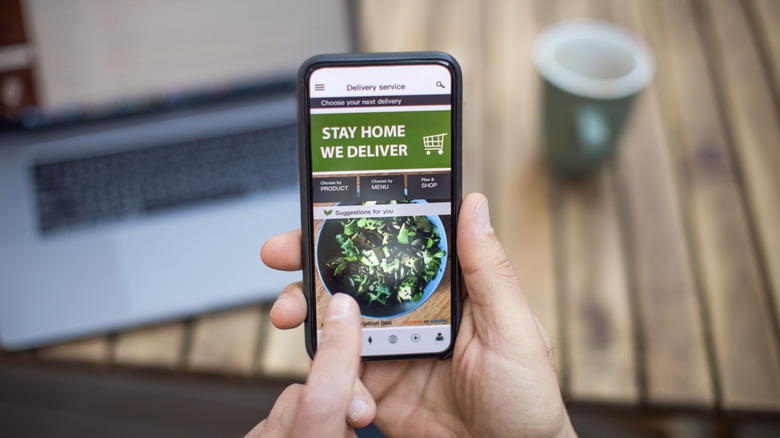NYC Sued By Food Delivery Companies For Minimum Pay Rules
A flurry of lawsuits filed by several food delivery companies on Thursday, July 6 seeks to halt, or at least delay, a new minimum pay rate for New York City app-based food delivery workers. One suit was filed jointly by DoorDash and Grubhub; Uber Eats and locally-based Relay Delivery filed separate litigation. The companies are petitioning the New York State Supreme Court to issue a temporary restraining order blocking the new rule from going into effect as intended on July 12. New York's new minimum pay rule has been heralded as a national first.
There are more than 60,000 food delivery workers in New York City, each earning an average of $7.09 an hour. The new rule, implemented by the city's Department of Consumer and Worker Protection, intends on ultimately tripling this income. It will first begin with an initial minimum wage increase to $17.96 on July 12, then adjusted annually for inflation, ultimately capping out at $19.96 by April 2025.
The gig economy pushes back
In a statement sent to the Associated Press in June, Uber Eats spokesman Josh Gold intimated that New York's new minimum pay rate would negatively affect delivery workers because apps would be forced to fund the increase "by eliminating jobs and reducing tipping while forcing the remaining workers to deliver orders faster."
And now, in a new prepared statement to the AP, Gold suggested restaurants and consumers would also be hurt: "The city's entire rule depends on the false assumption that restaurants make no money on deliveries." In 2022, Uber Eats generated nearly $11 billion in global revenue, up from over $8.3 billion in 2021.
When the new rate takes effect, food delivery services will have flexibility in how to pay its workers — either by trip, by the hour, or some other metric, as long as the minimum pay rate is met. Many food delivery workers spend a significant amount of time (about 40% of their work day) on call and not delivering. Under the new rule, the companies' pay rate for workers on call (and thus connected to its delivery service app) will be about 30 cents per minute on July 12, culminating in 55 cents per minute in April 2025, with adjustments for inflation.

